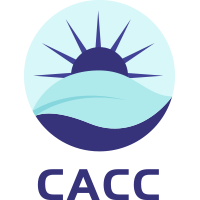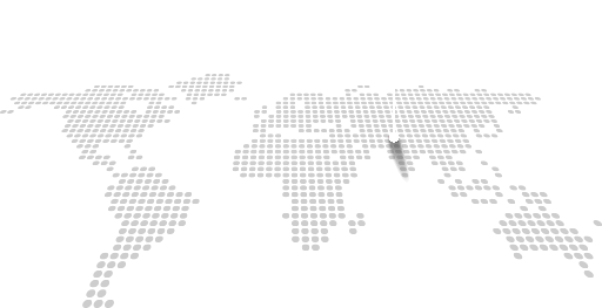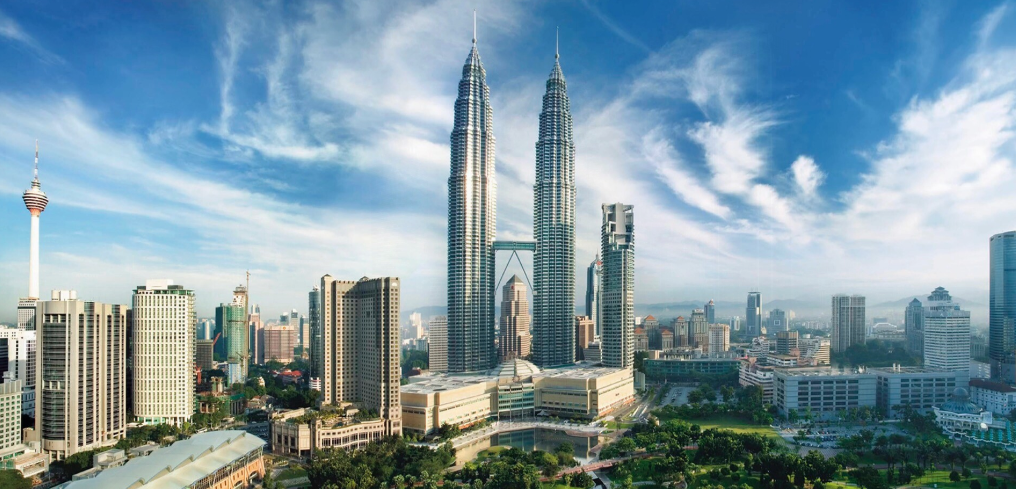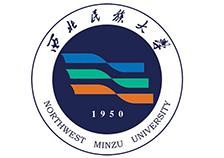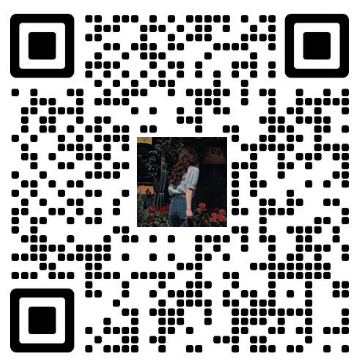CACC 2024
Integrated art, also known as composite art, is an art classification that refers to the art formed by the synthesis of several art forms, such as songs combining poetry and music, architecture combining painting and sculpture, drama combining literature, performance, music, dance, art, etc. Cultural dissemination, also known as cultural diffusion, refers to the interactive phenomenon of cultural transmission from one society to another, from one region to another, and from one group to another. The 2024 3rd International Conference on Comprehensive Art and Cultural Communication (CACC 2024) will be held from June 28 to 30, 2024 in Kuala Lumpur, Malaysia. This conference will focus on the emerging research field of "Integrated Art and Cultural Communication", providing an international platform for experts, professors, scholars, engineers, and others from domestic and foreign universities, scientific research institutes, enterprises, and institutions to share professional experience, expand professional networks, exchange new ideas face-to-face, and showcase research results. It will explore the key challenges and research directions faced by the development of this field to promote the development and application of theories and technologies in this field in universities and enterprises, as well as establish business or research connections for participants and seek global partners in future careers. |
| Submission System Template: *download Important Dates Full Paper Submission Date June 1, 2024 Registration Deadline June 10, 2024 Final Paper Submission Date June 20, 2024 Conference Dates June 28-30, 2024 |
